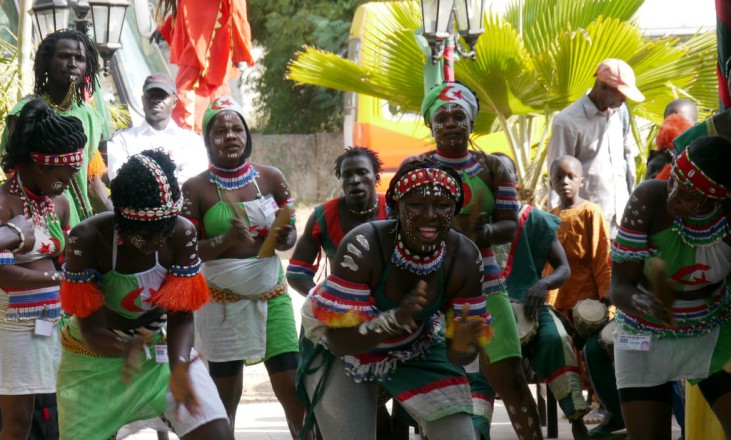
These past days was dominated by polemic and accusation of manifestation of tribalism and tribalistic vitriolics. There is a strong fear that the country may trod down the lane of tribal conflict as a result of the actions and utterances of opinion leaders, political parties supporters and public officials. These are genuine fears especially when the government and its apparatus failed to apply the law to the letter.
I hold the view that our legal regimes have been created to make, maintain and preserve The Gambia as a detribalized country. Thus when the law is applied in circumstances in which the ugly head of tribalism and tribal tendencies emerge, the fear of tribal conflict will not materialize into reality. But when the state and the law enforcement remain mute and ineffective in curbing tribal innuendoes and utterances, or when the state abdicates its responsibility to apply the law for fear of losing support and patronage from ethnolinguistics groups, then certainly we will be rearing a dragon.
The constitution as the ground norm, in all its provisions where it addresses inhabitants of The Gambia, used the words ” every person” and “no person ” instead of references to personal names and tribes. In fact, the preamble of the Constitution of The Gambia 1997 is dotted with the word “Our ” and paragraph 2 started with the generalized phrase “We the people of The Gambia”. Who can argue justifiably that the non citizens are not addressed in the cited phrase?
Similarly, Para.5 of the preamble enjoined protection of the fundamental rights of all regardless of ethnic, gender, language and religious considerations. The people, Government and its entities are obliged to respect the citizenship rights and provide its benefits to all regardless of the considerations highlighted. Also, s. 17(2) guaranteed rights of all by stating that “Every person in The Gambia, whatever his or her race, colour, gender, language, religion, political or other opinion, national or social origin, property, birth or other status, shall be entitled to the fundamental human rights and freedoms of the individual …”
To further show the position of the Constitution on the detribalized Gambia, every person is “entitled to enjoy, practice, profess, maintain and promote any culture, language, tradition or religion”. It makes all persons equal before the law and prohibits public bodies and officials from discriminating people based on the considerations discussed above.
The constitution has put in place safeguards against one tribe from putting up a candidate. S. 46(1)(a) mandated that presidential’s nomination must be “supported by not less than five thousand registered voters consisting of not less than two hundred from each administrative area, as signified by their signatures or otherwise;” and s.60(2)(a) prohibits the IEC from registering an association as a political party when it is “it is formed or organised on an ethnic, sectional, religious or regional basis.” The usage of English Language in the National Assembly (s.105) and the prohibition on the NA to declare a religion as a state religion are all safeguards against tribalism.
The National Identity Card Regulations does not sanction the inclusion of tribe on the all national I D cards as well as exclusion of tribe on other national documents are proof of safeguards against tribalism. The relay of newscast on Radio Gambia in different local languages are prove of Gambia’s detribalization.
I wish to urge the Constitutional Review Commission to maintain the cited provisions in the New Constitution and further devise more watertight provisions that will make it impossible for emergence of tribalism at any level in the country. Religious leaders, public officials and politicians must be sanction punitively or otherwise when they publicly and deliberately make tribal statements and innuendos.
Let’s keep the peace and harmony!
By Simon Sabally










Recent Comments